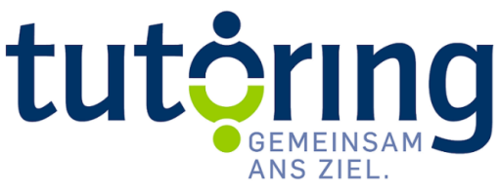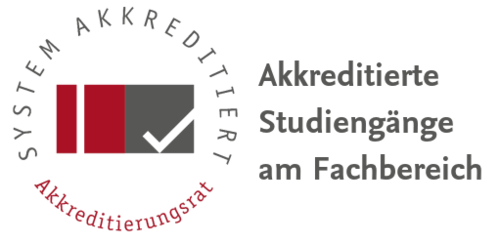Environmental Profile of the Department of History and Cultural Studies
Since the end of 2004, Freie Universität has been one of the very few German universities to have an environmental management system certified by external auditors in keeping with the international ISO 14001 standard. This distinction initially applied only to selected locations. However since May 2007, the entire university, including the Department of History and Cultural Studies, has been included in the environmental management system. With its voluntary participation in this system of standards, Freie Universität Berlin is pursuing the following goals:
- to create sustained transparency with regard to costs and consumption in the relevant fields of environmental impact, including energy, water, waste, hazardous materials, and procurement
- to systematically reduce environmental impact and environmental costs arising as a result of the university’s operations
- to enhance the certainty of legal compliance in all environmental matters
- to improve the quality of services and management processes
- to systematically advance the development of internal and external environmental communications.
The primary objective of this initiative is to map out and institute a continuous improvement process. The key aspect of our energy and environmental management initiative is site-related environmental programmes aimed at achieving specific improvements in the environmental situation. This involves the full spectrum of environmental measures and fields of action: conserving and ensuring maximum efficiency in our use of electricity, heat, cooling, and water; waste reduction and optimization of sorting of recyclables; engaging in environmentally friendly procurement activities; and ensuring proper handling of chemicals, hazardous materials, and special classes of waste, with an eye toward minimizing risk. The environmental programmes are developed by department-specific environmental teams and information on them is published in annual environmental reports.
The general contours of the environmental profile of the Department of History and Cultural Studies are as follows: In 2007, about 9 million kilowatt-hours of electricity and heat were used in total at the department’s 20 locations, resulting in costs of about 612,000 euros. Approximately 17,000 euros were spent on water and on wastewater disposal. Disposal of the waste generated by the department cost Freie Universität 9,500 euros. For further details, please see the overview below. With the bonus system put in place in 2007, the department has not only ecological arguments in favor of enhancing its environmental activities, but also direct financial incentives to cut costs in the stated fields of action.
|
|
Amount in 2007 |
Costs in 2007 |
Trend (costs) |
|
|
Electric energy |
2 m kWh |
262,000 euros |
^ |
rising electricity prices and increasing requirements for cooling |
|
Heat |
7 m kWh |
350,000 euros |
^ |
rising district heating prices |
|
Water/wastewater |
3,500 m³ |
17,000 euros |
^ |
rising water and wastewater disposal prices |
|
Waste |
175 t |
9,500 euros |
^ |
rising waste disposal prices |
Costs of energy , water and waste in 2007
Dr. Michael Vallo, the managing director and head of administration, is the responsible contact person for environmental topics at the Department of History and Cultural Studies. Anyone interested in working with the environmental team within the department is welcome to do so.
For more information on energy management and environmental management at Freie Universität, please see the website of the Energy and Environment Unit. For specific tips on efficient energy use, please click here.




